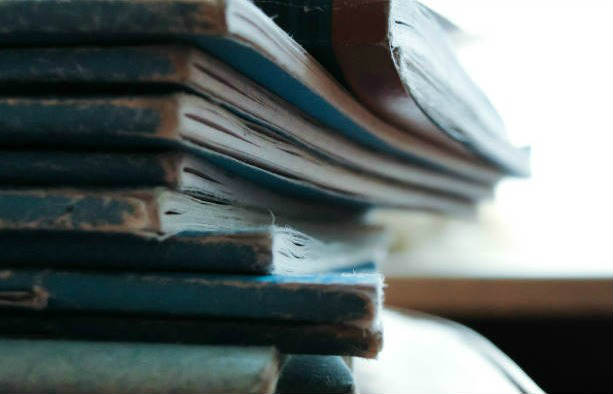Did you have a diary when you were young? Perhaps the type that had the lockable clasp with a tiny golden key, kept hidden at the bottom of your underwear drawer for fear of discovery? Did you keep them? Do you still use a diary? Let’s explore the journaling process and consider why it may be a worthwhile practice to have in your life.
What IS journaling?
When I speak of the journaling process, I’m not referring to the “write down what I did today” record keeping style of writing. It’s not about recording events, happenings or to do lists. It is, rather, creating space to sit with your reactions and feelings about those events, happenings, to do lists or whatever else is going on for you. It’s getting curious about yourself. Asking questions and listening for the answers inside that are patiently waiting for your attention. It’s being brave enough to pay attention to your body, allowing yourself to notice what feelings and sensations it’s holding. It’s about showing up for yourself; offering yourself the opportunity to be authentic and real without the fear of judgement or ridicule.
Why journal?
As I mentioned in a previous post, we operate in an adult world where there are constant pressures to perform, produce, be successful, be available and look after everyone else. We are task focused and driven. The journaling process is the chance to step off the treadmill, a brief reprieve from all the crazy doing. It invites you to turn away from what you have to do and sit with who you are. It opens the door for self-awareness and growth as we allow ourselves to explore our emotions, our fears, our experiences and what is important to us.
How do I start the journaling process?
Julia Cameron, in The Artist’s Way, speaks about the practice of Morning Pages; the daily habit of writing three pages of whatever comes to mind without overthinking or censoring. She describes how, over time, these pages become “a trail that we follow into our own interior, where we meet both our own creativity and our creator”. This may be a good place to start – a few pages of freehand writing every day.
There are also countless websites out there that offer ideas, prompts and different ways to approach journaling so feel free to explore. Can I suggest you don’t get too caught up with worrying about technique and doing it the right way. If you have a perfectionist perched on your shoulder, start with a cheap exercise book to remove the pressure of ‘messing up’ an expensive journal. Let go of expectations and give yourself permission to play. As I said earlier, it’s simply about creating the time and space to connect in with yourself, what you are feeling and letting it out onto the page. You don’t have to limit yourself to writing – get creative with coloured pens, crayons, paint, doodling, drawing mandalas – whatever helps get you out of your head and into your body, your intuition.
Whatever way you choose to begin, there are no mistakes to be made in the journaling process, you can’t get it wrong. It’s simply you and the page – enjoy the freedom.
For more information about the counselling process, or to enquire about accessing my support as a counsellor, please click here.

